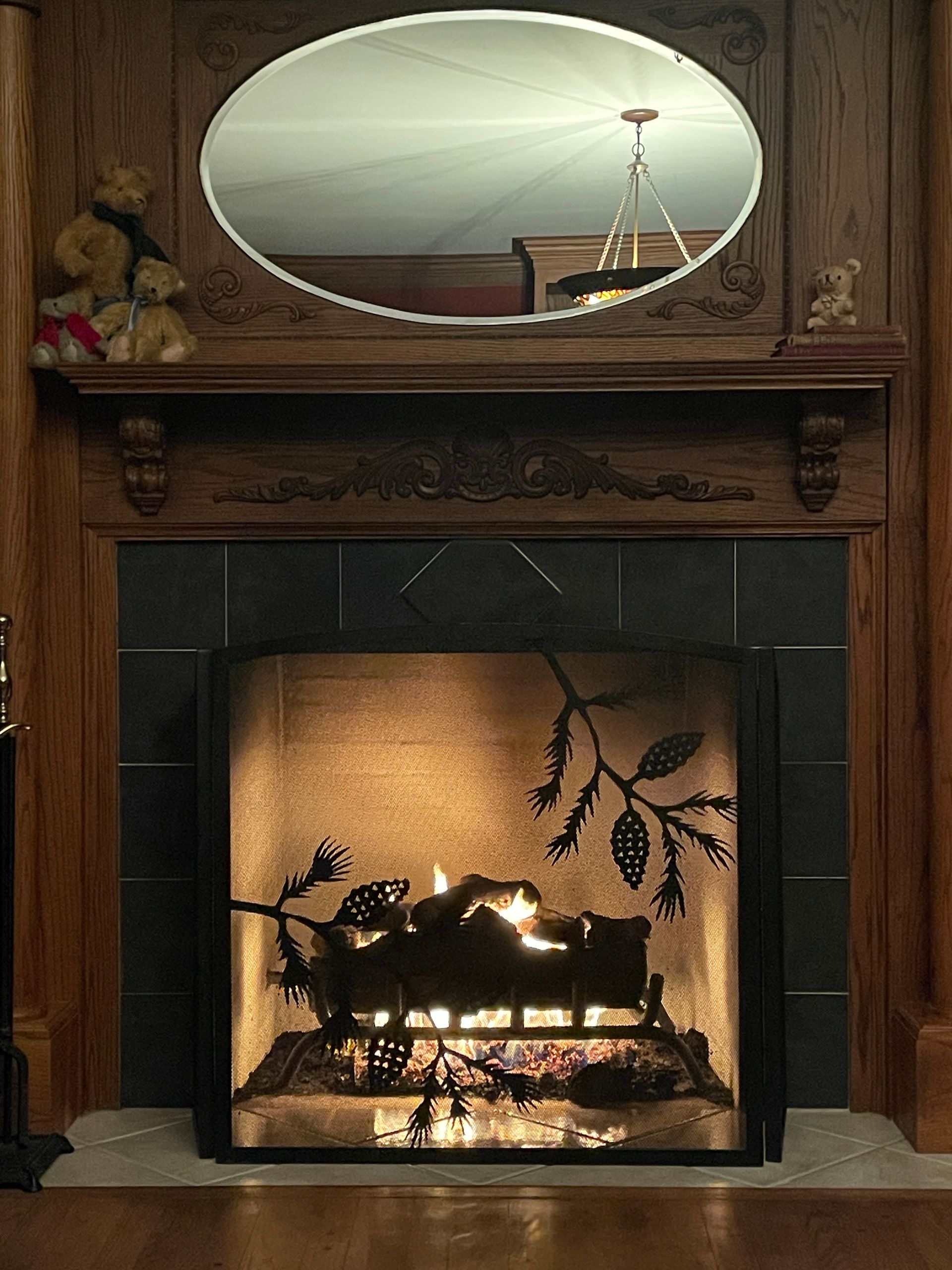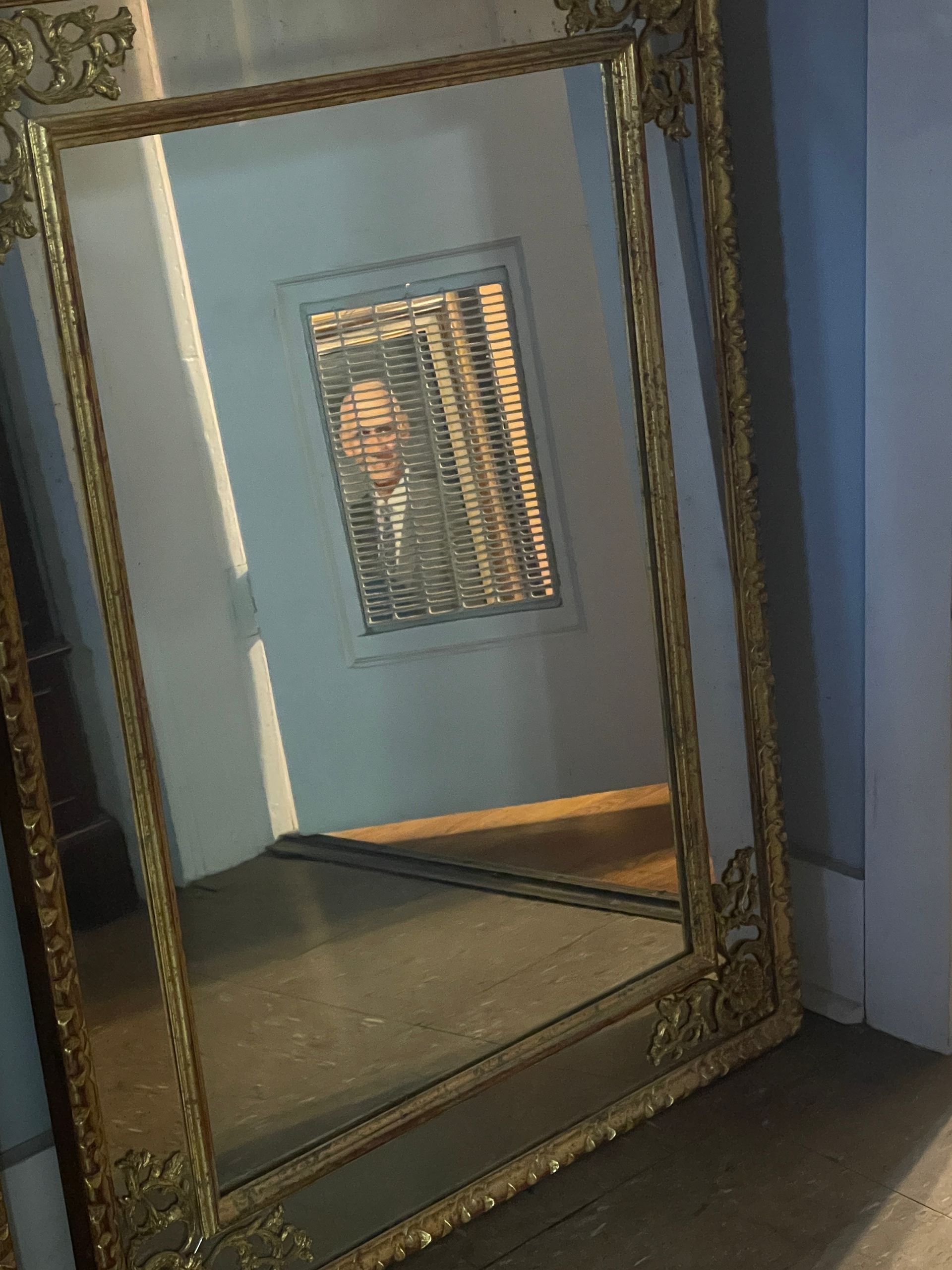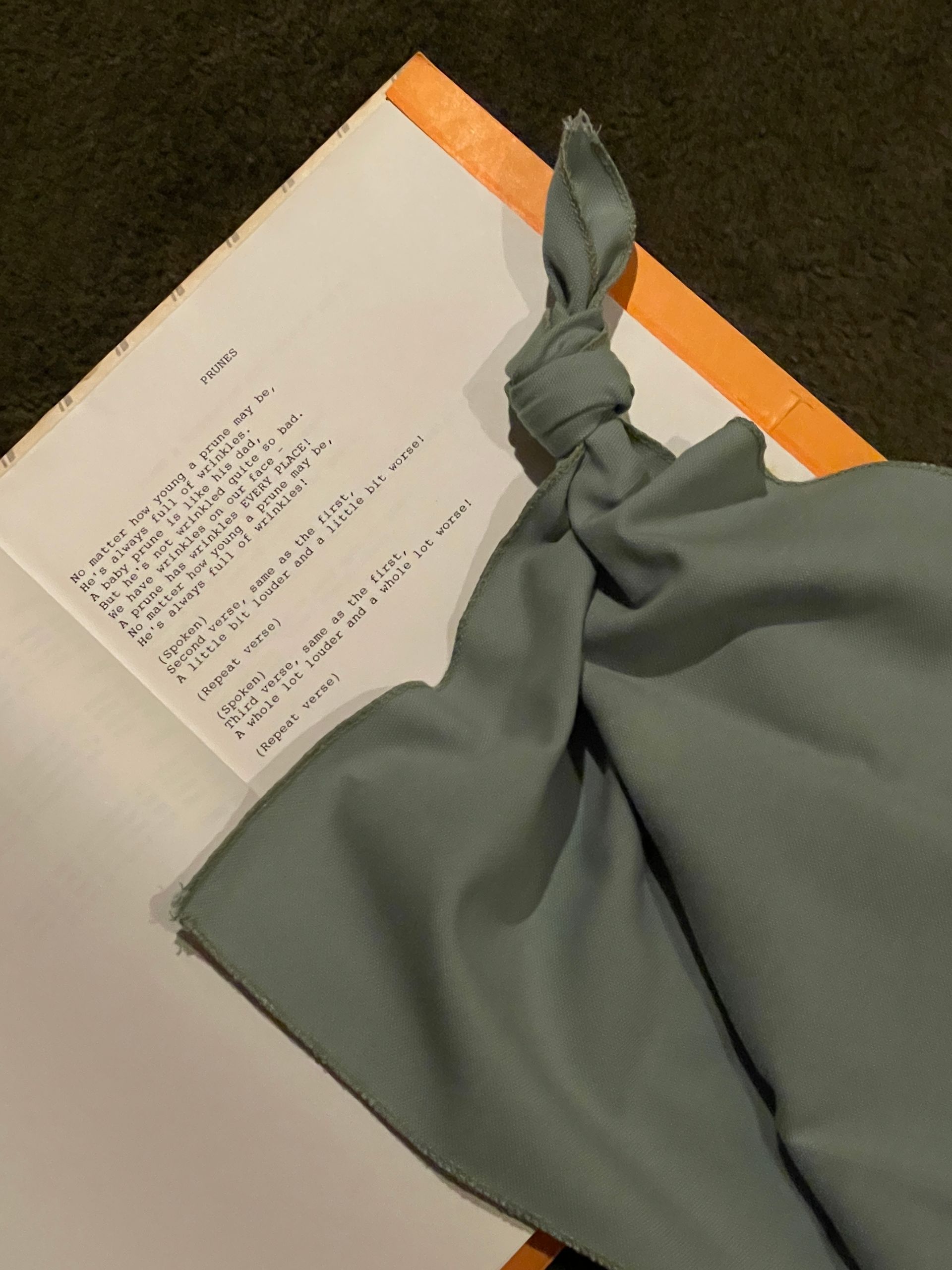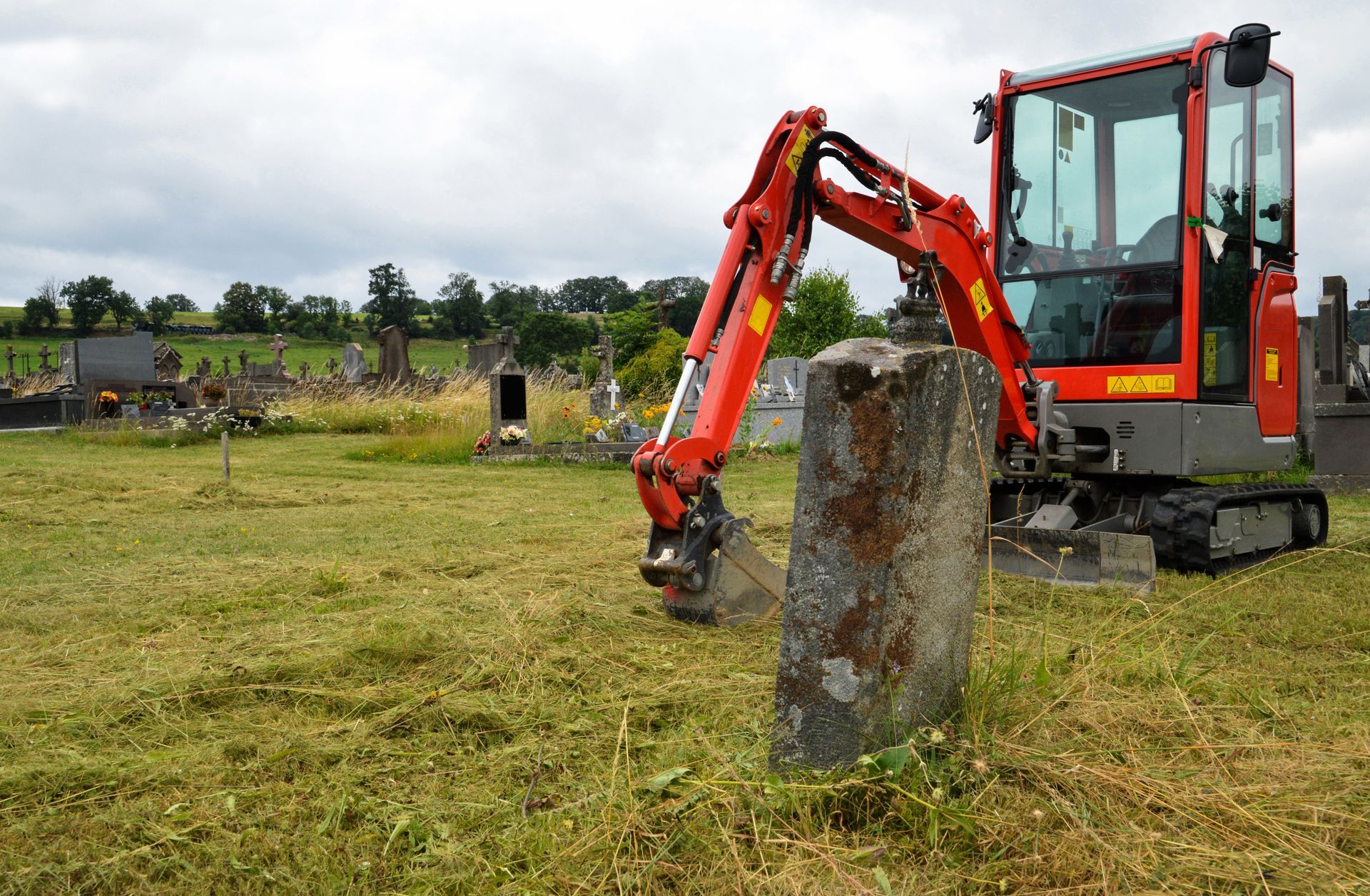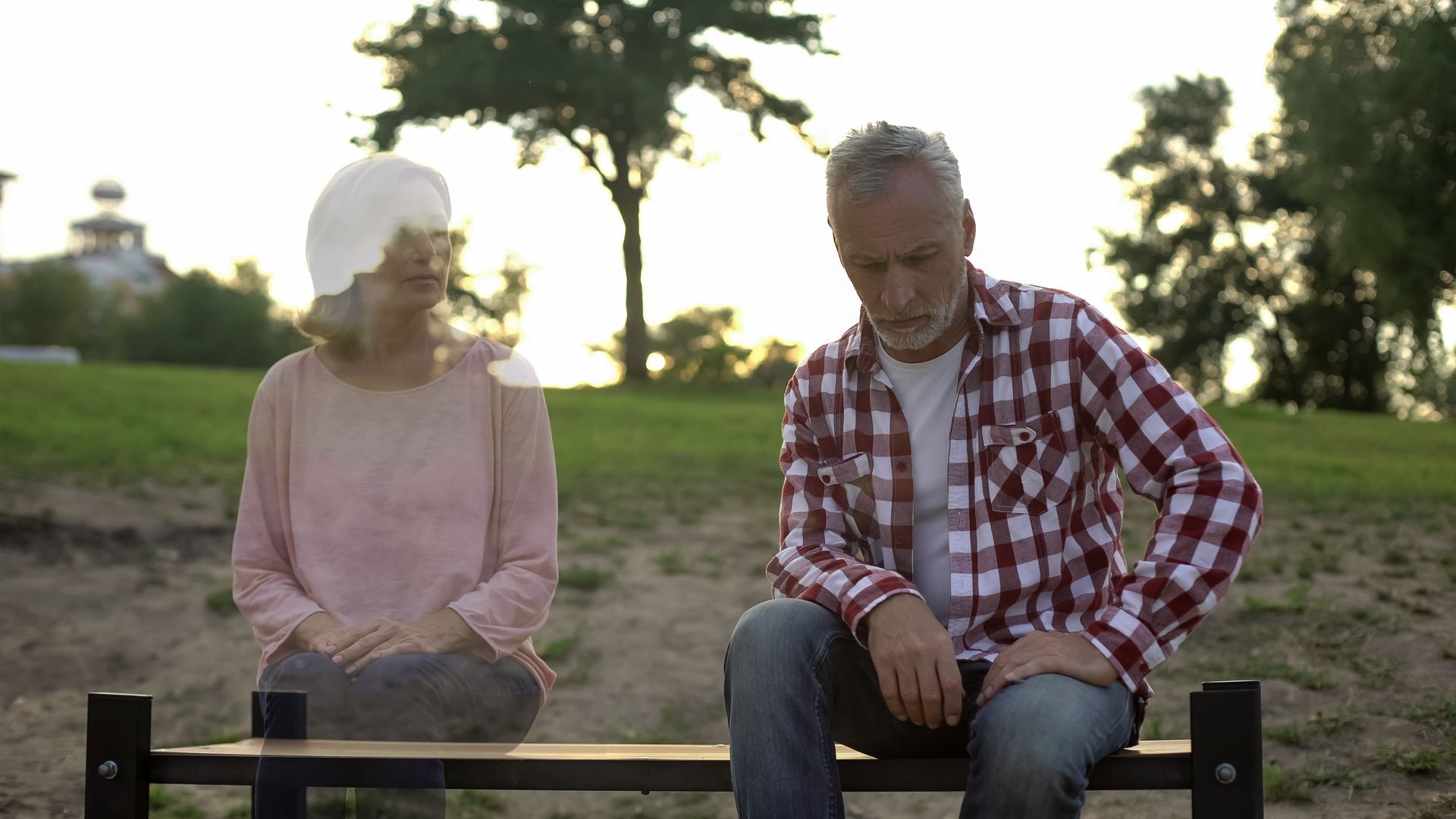Discarding the Past
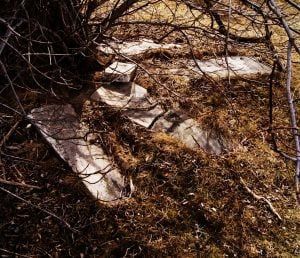
Recently a gentleman entered our office with a mission, a story, and a lot of questions, the primary one boiling down to “Is there anything that can be done?” He was asking about preservation—not of human remains but of the past.
It seems a very small, very old family cemetery was located on private property that had not belonged to the family for decades. The present owner was well aware of its existence; the five known graves were marked with tombstones, the newest of which dated back to 1870. He had finally grown tired of their presence and decided he needed the space for something else . . . like playground equipment. So he removed the markers and piled them under a tree—at least those that were not destroyed.
Our gut reaction—after we picked our jaws up off the floor—was that he couldn’t do that. Legally he had to be guilty of desecrating a grave, or in this instance, at least five of them. But a call to the State Attorney General’s office and a review of the laws of the State of Tennessee said otherwise. If the deed to the property had mentioned the existence of the cemetery, he would have been in a world of hurt. But it doesn’t. So legally he can do whatever he pleases. Morally and ethically may be another matter altogether, but legally he’s in the clear.
That moves the liability back to the person who originally sold him the property. The law imposes a duty on anyone conveying property to another party to clearly state the presence of any graves or cemeteries on said property. They are legally bound to include this in the deed. Evidently, that had not been done, but not knowing the time frame for all the prior transactions—and at what point it left the hands of actual family members—it would be difficult to pursue any type of legal action against anyone involved in any of the process. That information is certainly attainable, but how would you proceed once you possessed it?
The original family home still stands on the property, at least what’s left of it, and these family members are basically buried in the front yard of the place where they were probably born and raised . . . and most assuredly where they died. Anyone unaware of what to look for would probably never know the graves existed once the monuments were removed. But the trained eye would discern the depressions in the ground that say “I am someone’s final resting place.” Digging into the site would reveal rich, dark soil and possibly rusted bits of metal—again signs that over a century ago someone entrusted the body of their loved one to the earth surrounding their home.
This, people. This is why you don’t bury someone in your back yard—or your front yard or side field—unless you make very certain you have legally protected their resting place literally from here to eternity. For over 147 years those graves had remained peacefully undisturbed, and now they are lost. To me that is a travesty, a reprehensible action that says these lives meant nothing—an act that dishonored the sacred ground in which these family members were interred. Oh, I understand, they are beyond caring . . . but those who remain, no matter how distant the connection, are dismayed at the lack of respect—and the helplessness of their situation. A portion of their history has been discarded with no warning or offer of preservation. That piece of the past, no matter how small or fragile, connects us to those who came before. That piece of the past deserved to be honored.
The post Discarding the Past appeared first on Shackelford Funeral Directors | Blog.
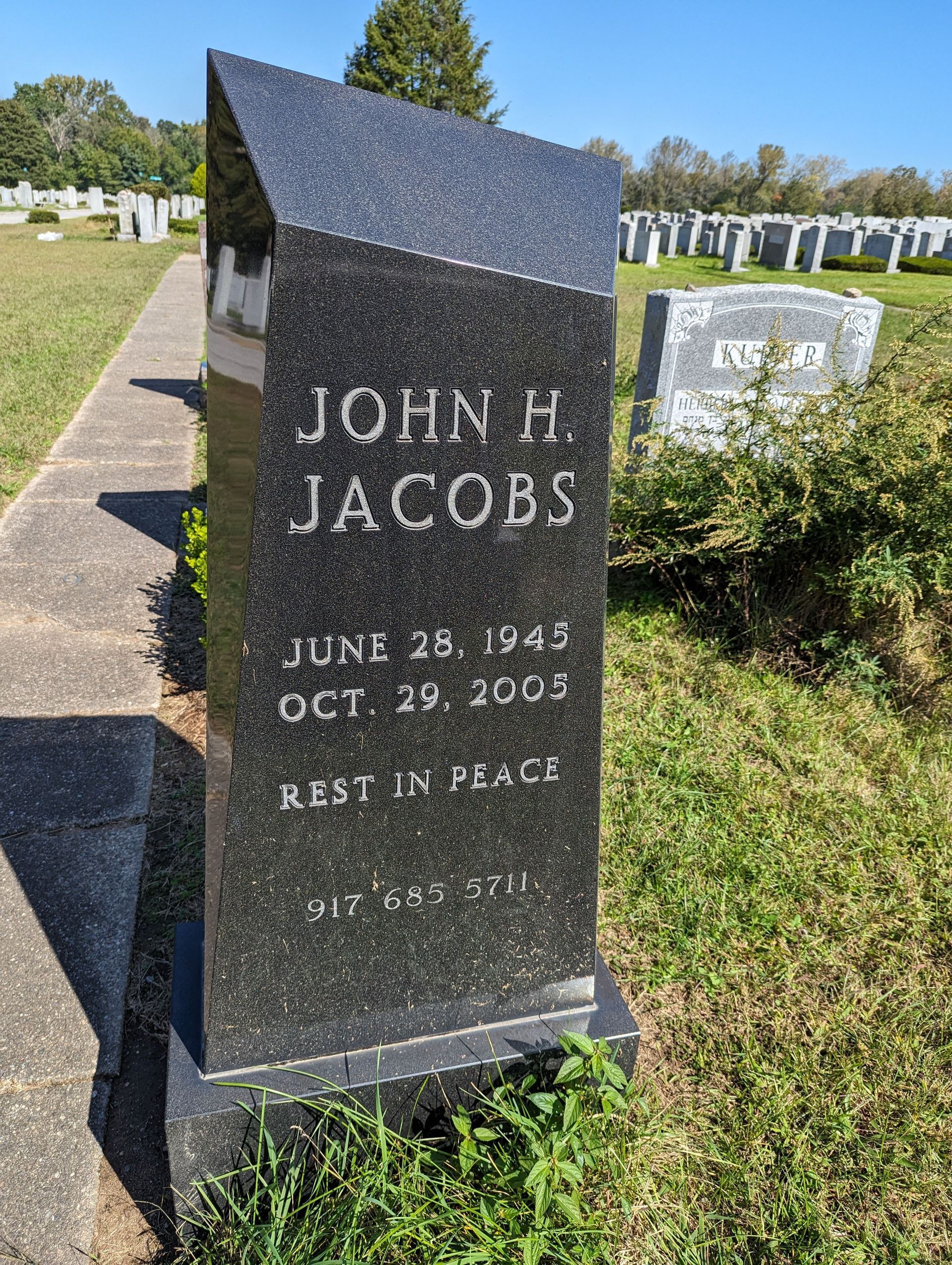
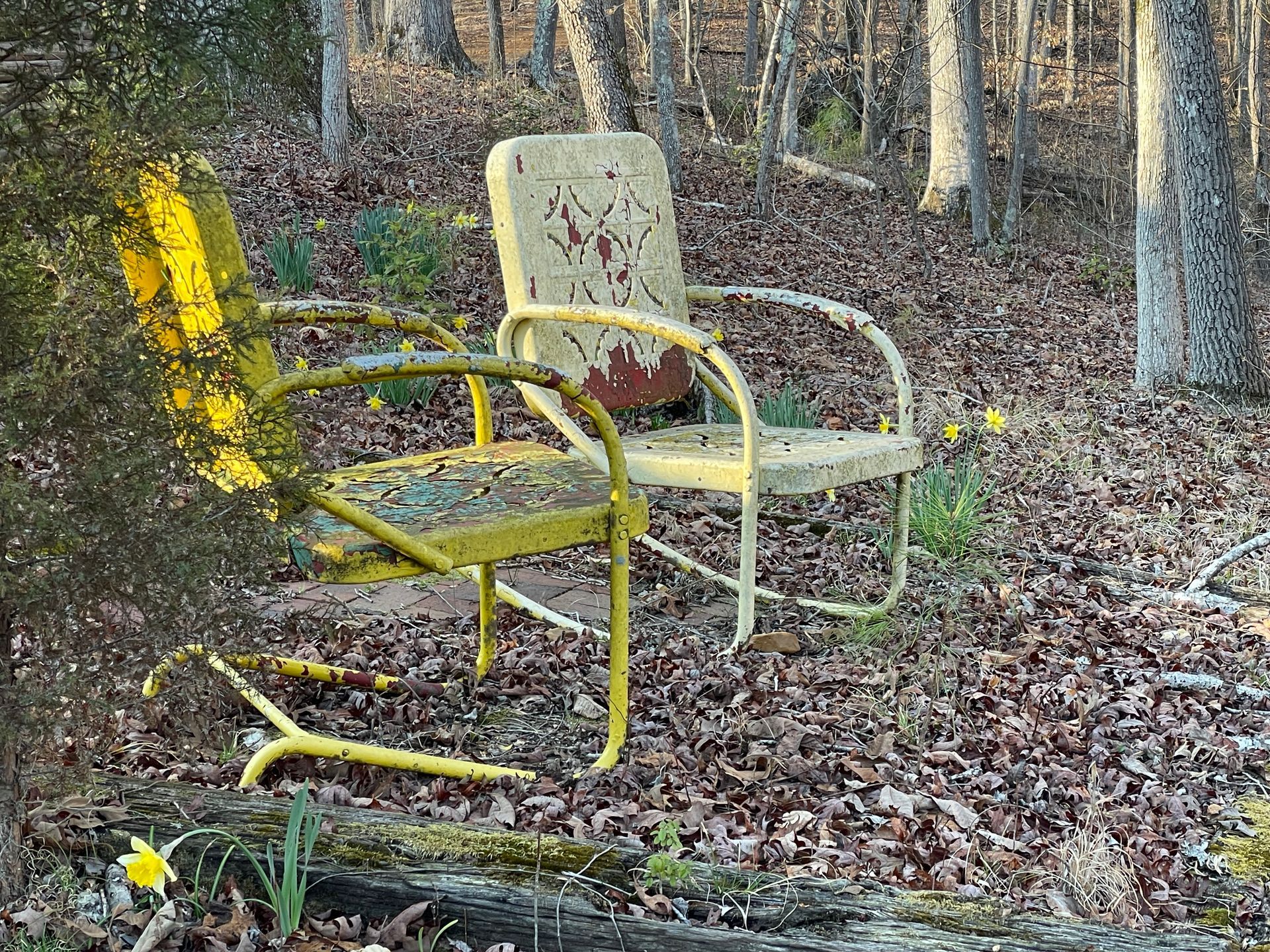
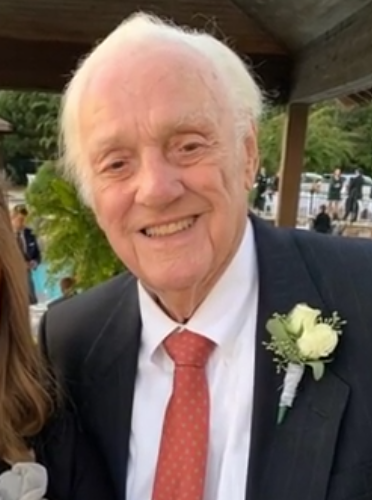
365 Days of Grief Support
Sign up for one year of grief messages designed to offer hope and healing during the difficult first year after a loss
Please wait
Verifying your email address
Please wait
Unsubscribing your email address
You have been unsubscribed
You will no longer receive messages from our email mailing list.
You have been subscribed
Your email address has successfully been added to our mailing list.
Something went wrong
There was an error verifying your email address. Please try again later, or re-subscribe.


